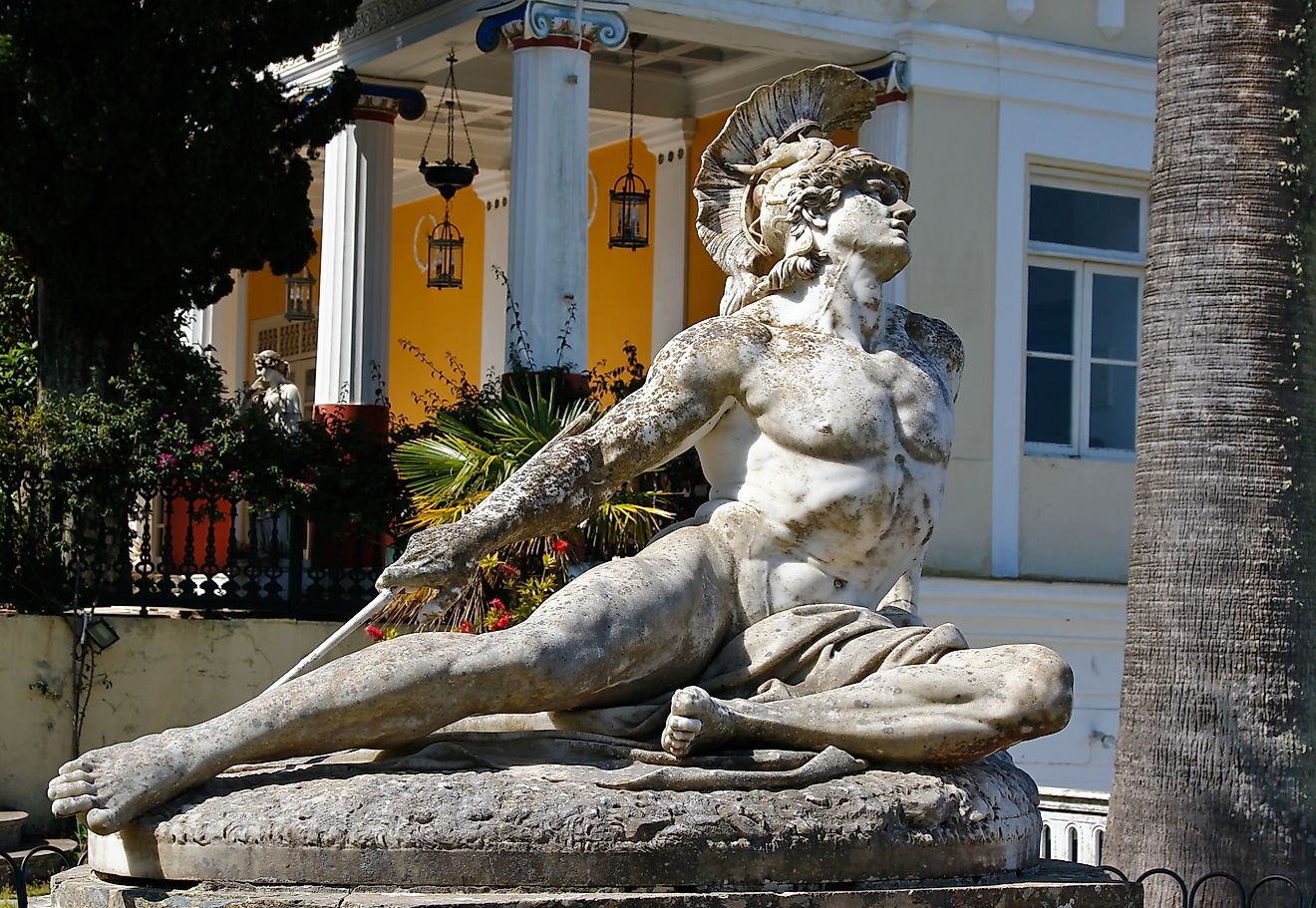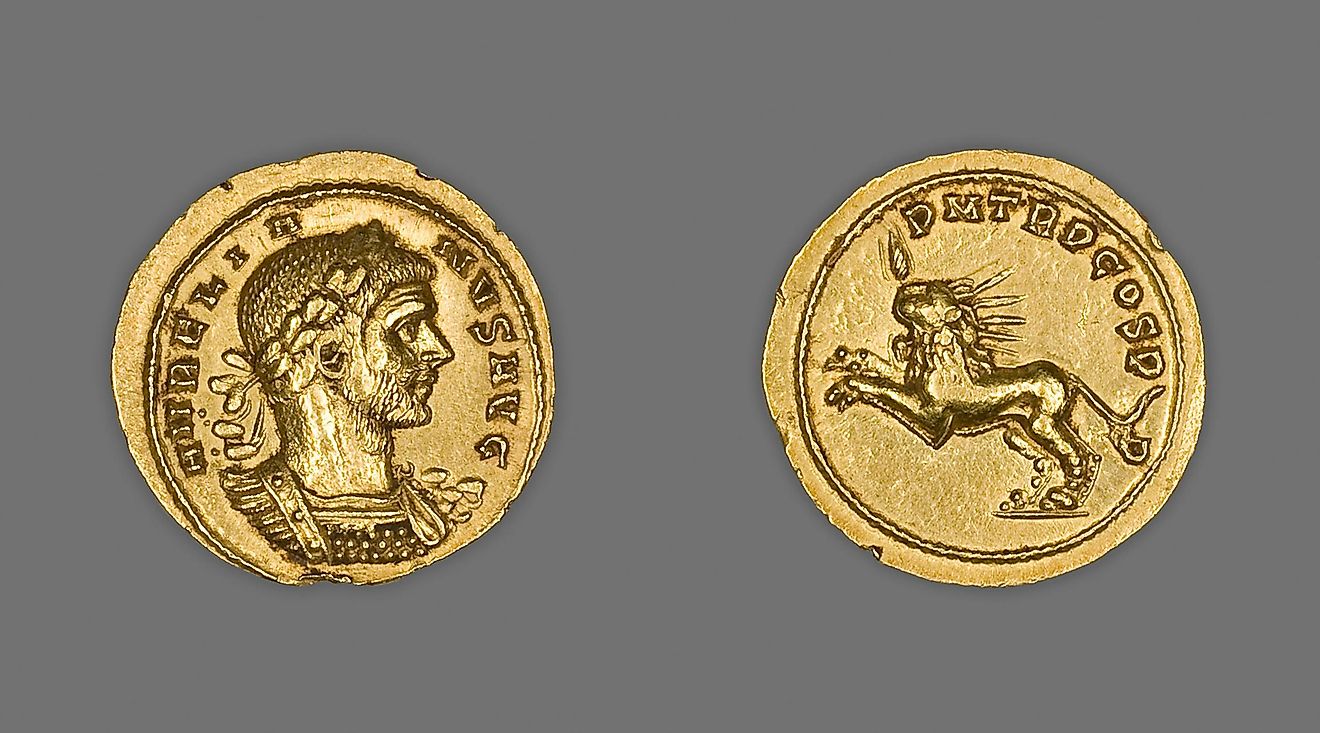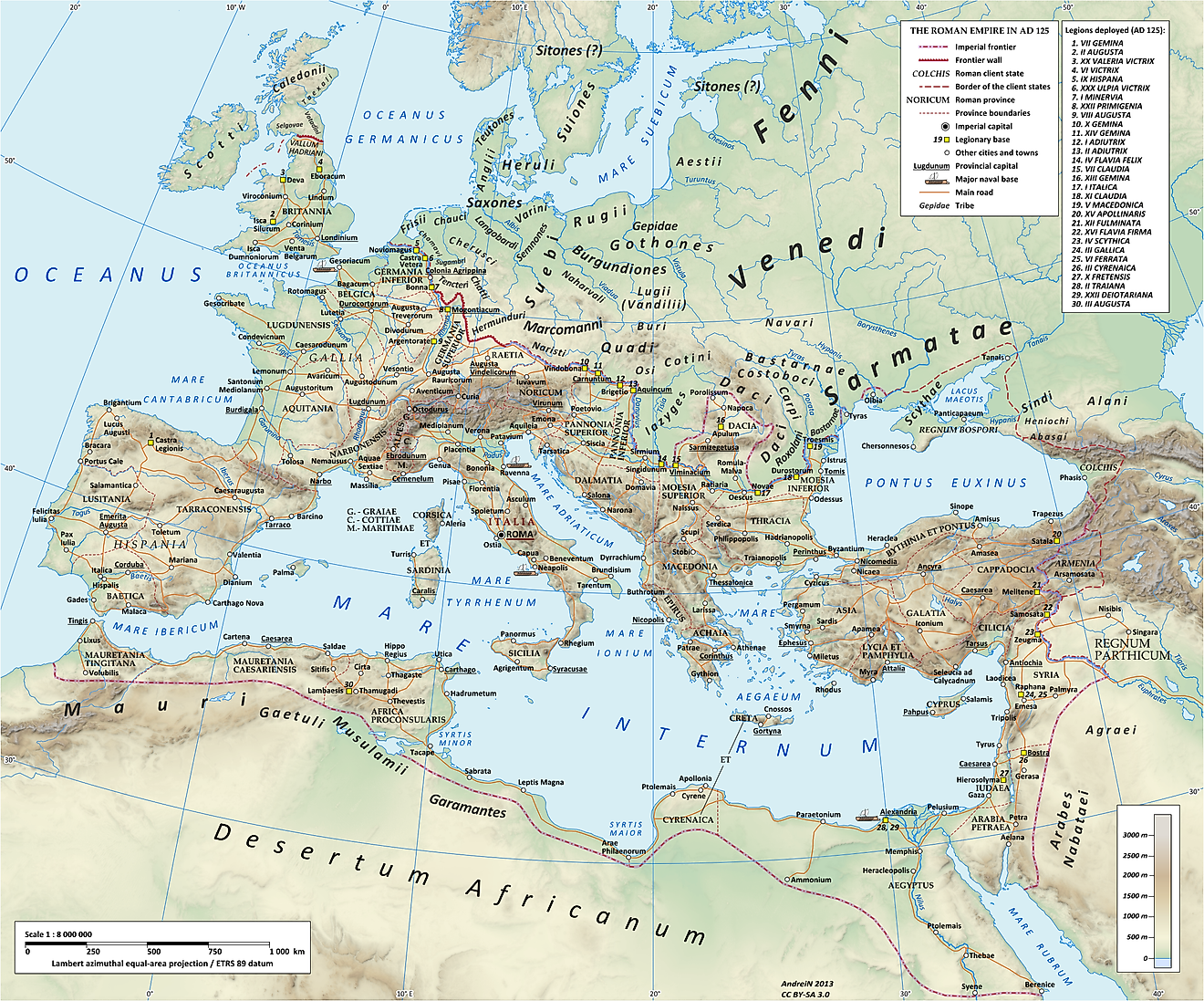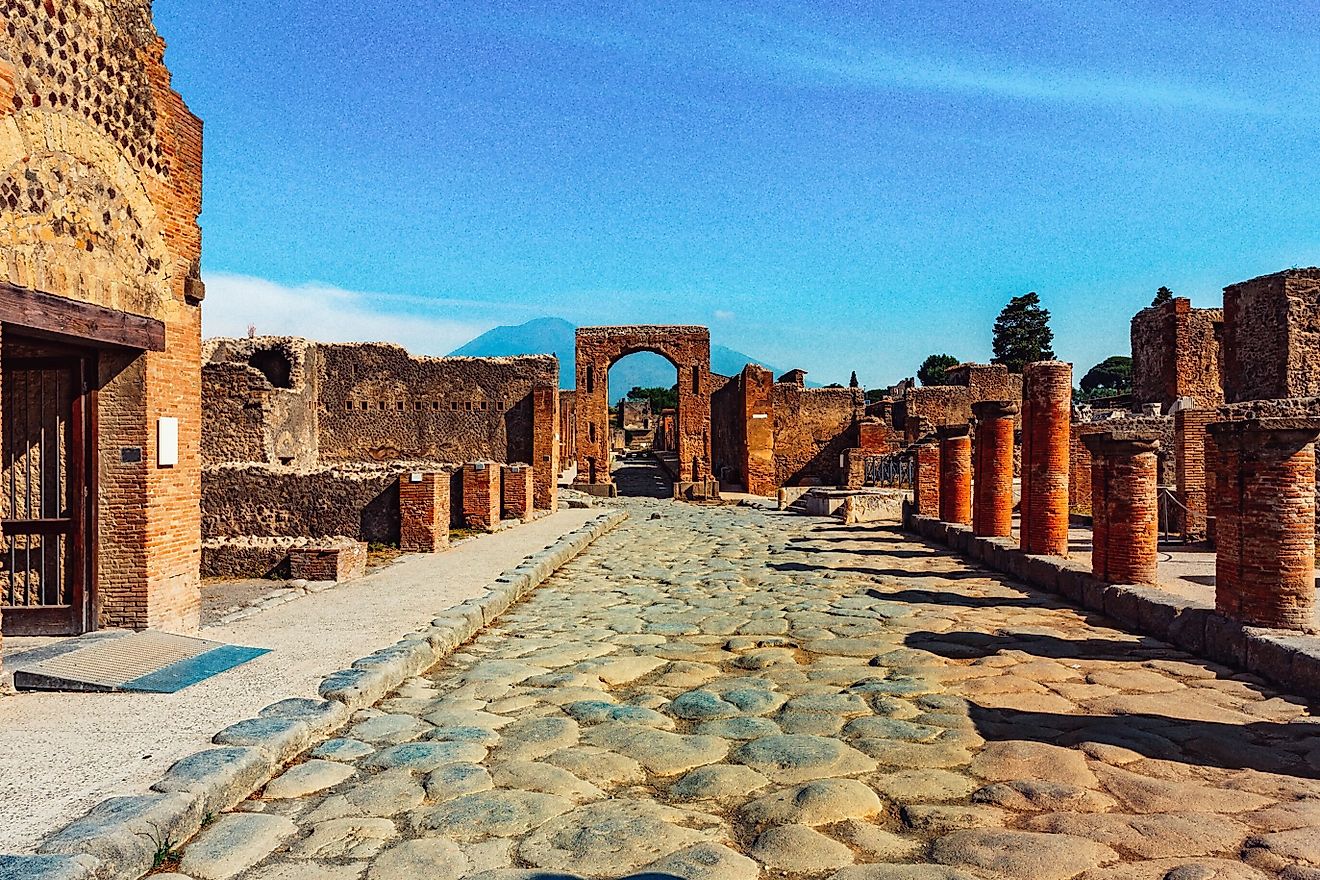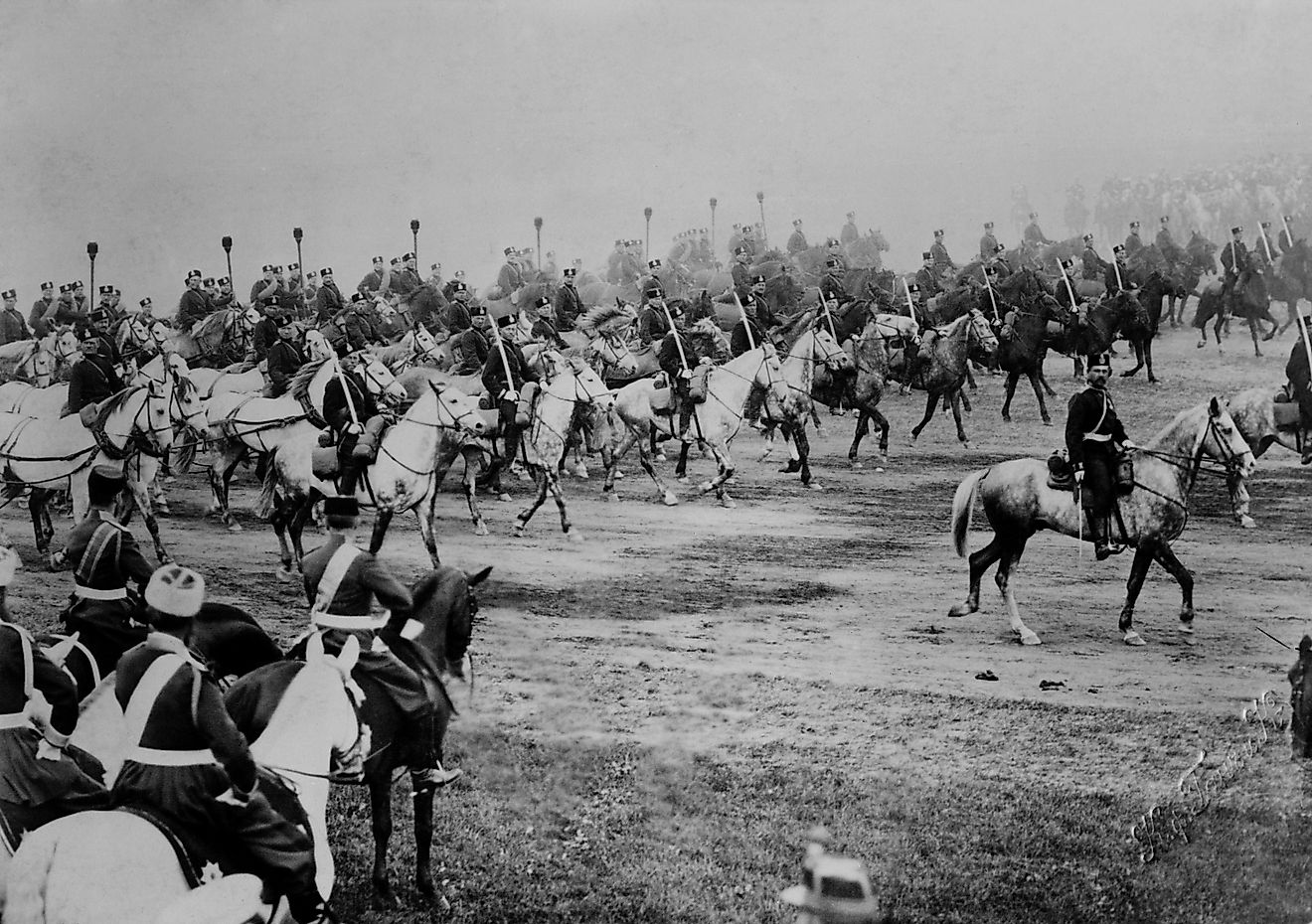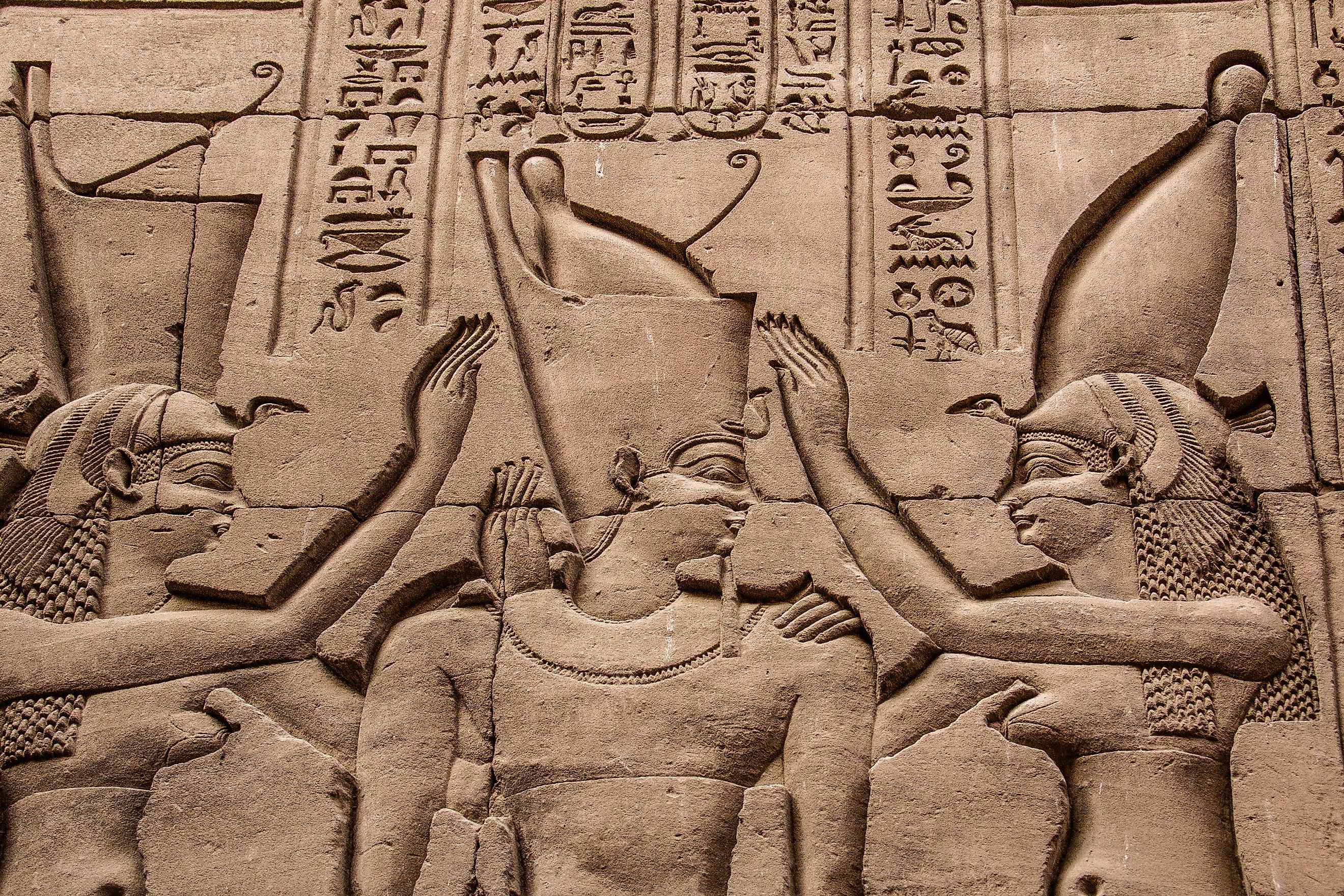
The Ptolemaic Kingdom
The Ptolemaic Kingdom was an ancient Greek state based in Egypt. Alexander the Great conquered Egypt in 332 BC, liberating the people from Persian rule. After his death, his companion and general, Ptolemy I Soter, founded the Ptolemaic Kingdom in 305 BC and ruled over Egypt. He took advantage of Egypt's geographical position and expanded Egypt's role in trade networks, which led to the domination of the Ptolemaic Kingdom over the Mediterranean. The Ptolemaic rulers reigned for nearly three centuries before the end of the empire marked by the death of Cleopatra VII in 30 BC, and the beginning of Roman rule in Egypt.
Rise To Power

In 332 BC, Alexander the Great, the King of Macedonia, gained control of Egypt, replacing the Achaemenid Empire's rule in the region. He also founded the new city of Alexandria along the Mediterranean coast of Egypt and made it his capital. Alexander then appointed Cleomenes of Naucratis as the nomarch or provincial governor of Egypt and other Macedonians in senior government positions and left Egypt in their charge while he set out to conquer more lands.

His sudden death in 323 BC, however, led to competing claims by his close friends and family members called the diadochi to control the promising land of Egypt. Ptolemy, one of Alexander's most trusted generals, emerged victorious in this contest and gained control over Egypt after fighting several battles called the "Wars of the Diadochi." In 305 BC, he founded the Ptolemaic Empire and ruled from the capital city of Alexandria.
The Ptolemaic Rulers
The first 160 years of the Ptolemaic Kingdom are considered its most successful period. While much of Ptolemy I's ruling period was spent consolidating the Kingdom, fighting wars against rival factions, and expanding the empire, his successor's rule is associated with many major changes.

Ptolemy II Philadelphus, the son of Ptolemy I, ascended the throne in 285 BC and ruled till 246 BC. He inherited a strong and prosperous Egypt from his father. Although he was not as great a warrior as his father, he expanded the territory and trade further, gaining control of valuable gold deposits south of Egypt and establishing more ports and hunting stations in Sudan.
He also patronized science and the arts. The famous Library of Alexandria was completed during his time although it was founded by his father. There are records showing Ptolemy II Philadelphus ordered a complete census of the Kingdom, documenting everything from the water sources to the crops grown. This period brought agricultural innovation, with massive irrigation projects being implemented across the kingdom.
In 246 BC, Ptolemy III Euergetes ascended the throne and immediately waged war against the Seleucid Empire of Syria. Although the Seleucid ruler retained his throne, Ptolemy III attained a major victory by gaining control of the Anatolian and Greek coasts, and the Ptolemaic Empire reached its zenith during his rule. He also heavily patronized the native Egyptian religion to please his subjects, and many temples were constructed during this time.
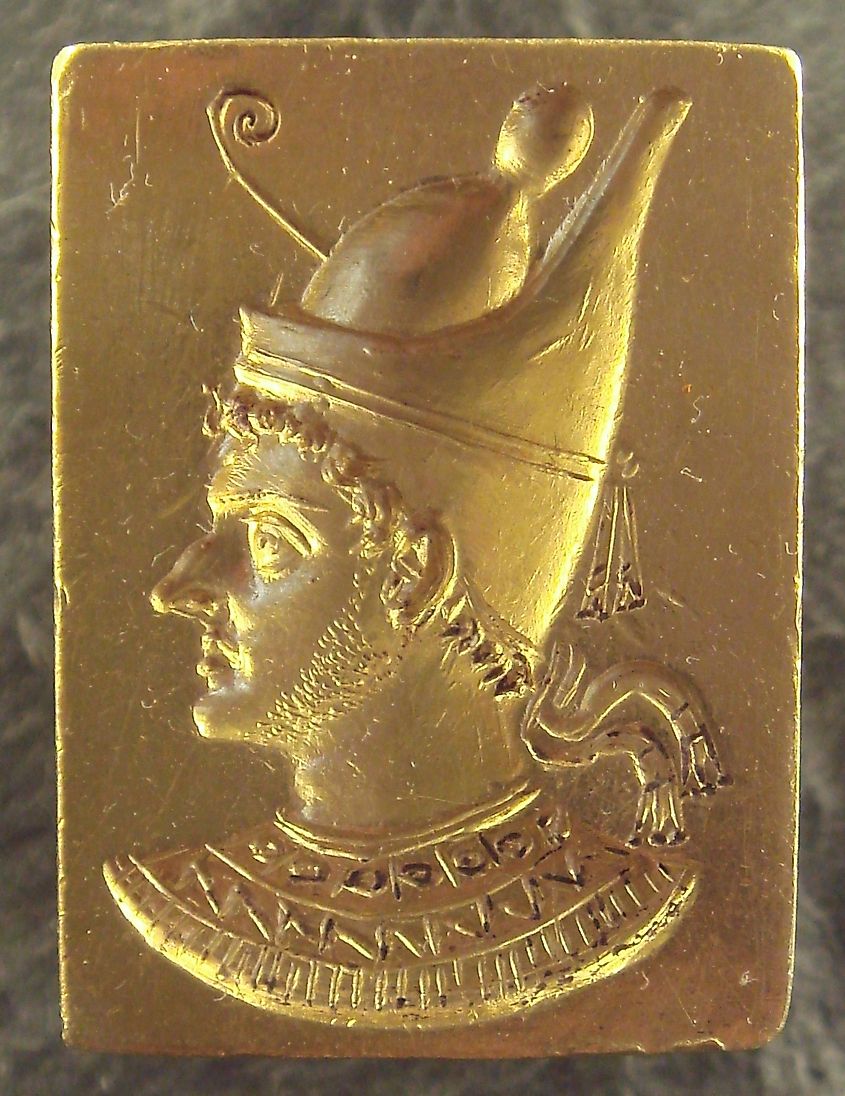
The decline of the Ptolemaic rule started with the rule of Ptolemy IV Philopator in 221 BC. He lacked the authority shown by his predecessors, and his weaknesses allowed native Egyptians to rebel and gain control of vast tracts of land in the kingdom. The later Ptolemaic kings were also unable to return the kingdom to its former glory, allowing Rome to take advantage of the weakened situation and wield its power in Egypt.
Religion In Ptolemaic Egypt
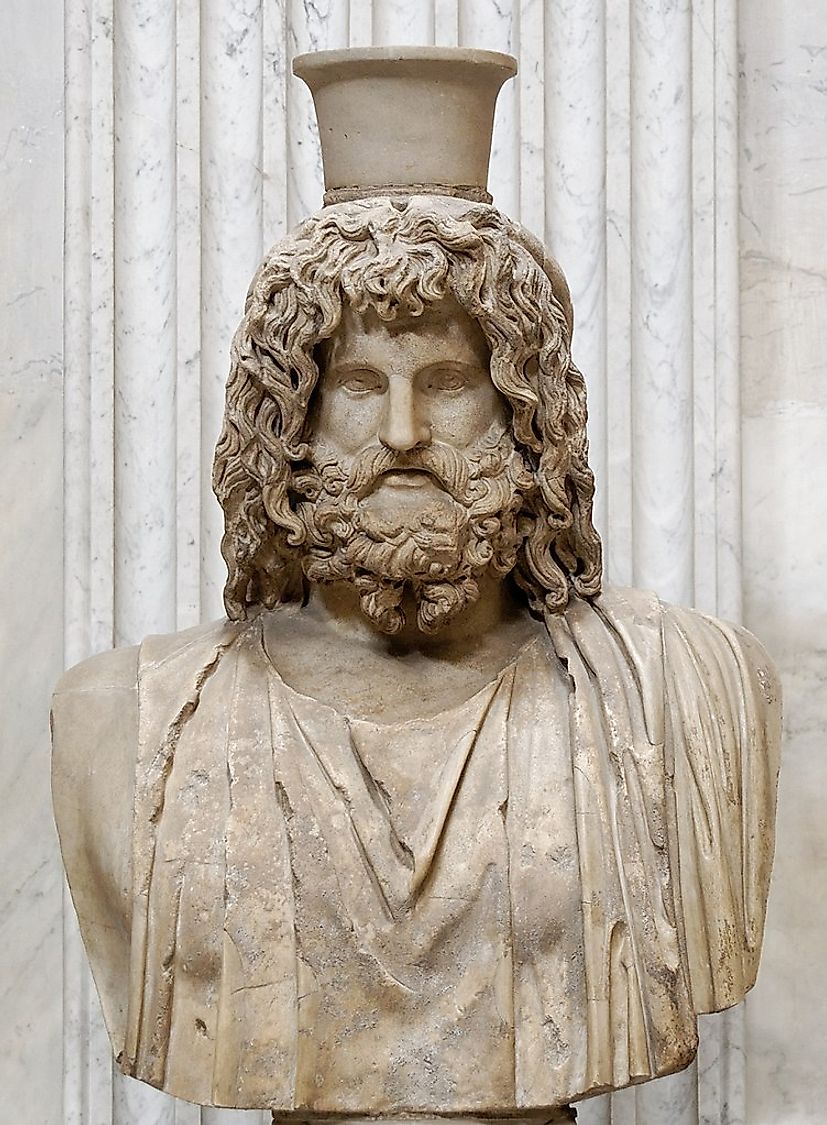
The Ptolemaic Kingdom ensured that Egyptian religion was recognized and respected, while at the same time, it also promoted the Greek religion. Deities worshipped by the Ptolemaic rulers often represented traits of both Egyptian and Greek religions. Ptolemy I Soter created a new god when he came to power. Named Serapis, this God was a combination of several Greek and Egyptian deities. Even the rulers themselves were depicted in paintings adorning both Greek and Egyptian symbols.
Egyptian priests received considerable royal support and patronage. Many grand temples were built during this time using traditional Egyptian architectural styles and became centers of culture, art, and literature. Although Alexandria was the new capital, Memphis and Thebes, former strongholds of Egyptian dynasties, prospered as well, and so did their temples and priests.
Society
In Ptolemaic Egypt, Macedonians and other Greeks comprised the upper class. They held nearly all the senior positions in politics, economy, and other spheres. However, top religious positions were still held by native Egyptians. The peasant farmers, who comprised the majority of the population, belonged to the lower class. Their farmlands and produce were all owned by the state, temples, or rulers who controlled their lands. Native Egyptians who could speak Greek often got preference over other natives for higher positions. Thus, a great divide existed between the majority of native Egyptians and their Greek rulers. Although the Ptolemaic kings highly patronized the native religion to appease their subjects, resentment against the economic disparity always existed, which often led to rebellions by native populations.
Trade

The Ptolemies fundamentally changed Egypt's economy. They introduced coins and expanded Egypt's influence in the trade network at the time. Being an agricultural powerhouse with the rich, fertile soil of the Nile River, Egypt's trade focused on agriculture. The Ptolemies owned almost half of the Egyptian farmland, which meant they owned nearly half of Egypt's exports of exports of grain, linen, and other goods. The government funded the expansion of Egypt's agricultural system, which boosted the economy.
The economic success made the ruling class of Greeks rich. They used their riches to purchase pricey imports from abroad. Missing home, the Greeks also imported grapevines and olive trees to boost Egyptian production of wine and olive oil. Preferring wool over linen, the Greeks also imported sheep.
Downfall Of The Ptolemaic Empire

While the Ptolemaic Empire was hugely successful initially, the rule weakened over time with successive rulers of the kingdom while Roman influence grew over the region.
In 50 BC, Cleopatra VII became Egypt's ruler, but coming to power took a lot of work. Following the death of her father, Ptolemy XII Neos Dionysos, Cleopatra had to marry her brother Ptolemy XIII as per the wish of her father and jointly rule the Kingdom with him. However, Ptolemy XIII's advisors influenced the young king to strip Cleopatra of her title and authority, and she was forced to flee into exile.
By this time, Rome had gained significant influence over Egypt. Vast volumes of Egyptian wealth and resources were paid to Rome by the Egyptian kings to satisfy the Romans and keep them from invading the kingdom. The influence was so great that the Roman Senate was regarded as the guardian of Egypt. During her exile, Cleopatra took advantage of this Roman influence and set up a private meeting with Julius Caesar, the Roman general and statesman, when he visited Alexandria in 48 BC. Caesar and Cleopatra soon developed a relationship and, together, defeated Ptolemy XIII. Later, she moved to Rome with her lover, Caesar, and bore him a son.

Caesar's assassination in 44 BC, however, once more threatened her rule, but she soon married Mark Antony, who now had significant control in Rome. Together they ruled for some time till Octavian, Mark Antony's rival in Rome, and the rising Roman dissent against the Antony-Cleopatra union led to the defeat of the latter's forces in Egypt. Knowing that defeat was certain, Antony and Cleopatra committed suicide and died. This ended the rule of the Ptolemaic Empire in Egypt and ushered in an era of Roman rule.

The Ptolemaic Kingdom exerted its influence for nearly three centuries in Egypt, leaving behind a legacy in the form of a wealth of art and literature, history, and architecture. They also built grand temples like Edfu and Kom Ombo, which are popular tourist destinations today. The Ptolemaic Dynasty helped preserve many aspects of native Egyptian culture while infusing their Hellenistic culture with it to enrich what already existed.



